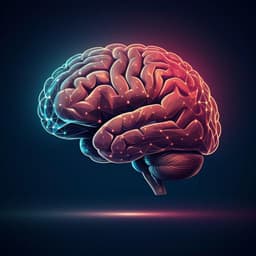
Health and Fitness
Treadmill exercise modulates the medial prefrontal-amygdala neural circuit to improve the resilience against chronic restraint stress
Z. Luo, J. Chen, et al.
Discover how aerobic exercise is revolutionizing our understanding of mental health! This groundbreaking study, led by Zhihua Luo and colleagues, unveils a neural circuitry mechanism where 14 days of treadmill exercise reverses stress-induced anxiety through the mPFC-BLA pathway. Get ready to be inspired!
~3 min • Beginner • English
Related Publications
Explore these studies to deepen your understanding of the subject.







